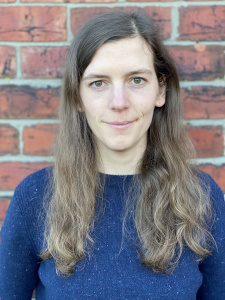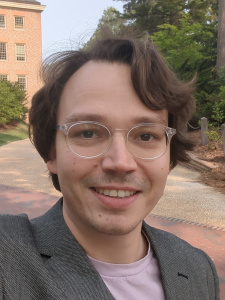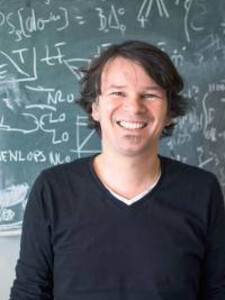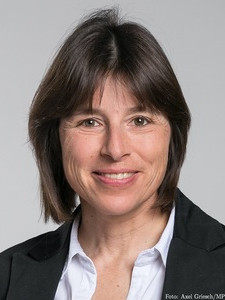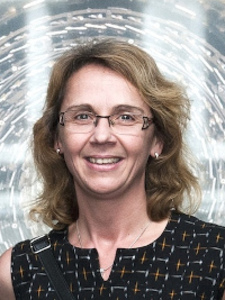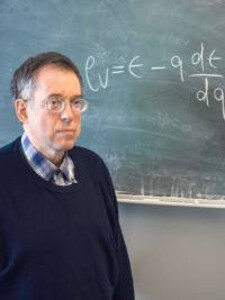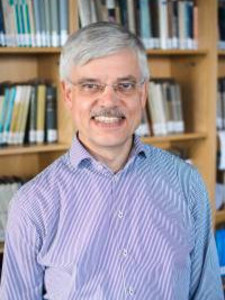Research Groups at the Institute for Theoretical Physics
The Institute for Theoretical Physics (ITP) consists of seven research groups.
Their activities are described below.
Anke BiekötterResearch interests: Exploring physics beyond the Standard Model with effective field theories, SMEFT, axion-like particles, global fits; modern analysis techniques, machine learning. |
Jens BoosResearch interests: We connect black hole phenomenology (optical and gravitational wave signals) to new physics (non-singular black hole models, early universe phase transitions, and post-Riemannian gravity and spacetime torsion). |
Stefan GiesekeResearch interests: The simulation of exclusive final states at colliders with Monte Carlo Methods. Our research aims at the best possible description of all possible final states, first and foremost at the Large Hadron Collider but possibly also for collisions of electrons and positrons or hadrons when they are hit by cosmic particles at very high energies. We improve the standard model description, mostly of the strong interaction (Quantum Chromodynamics, QCD) with systematic perturbative methods or with models for strong hadronic interactions. |
Gudrun HeinrichResearch interests: Exploring the Higgs sector: finding hints about New Physics through precision measurements requires precision calculations, which we do both within and beyond the Standard Model. We combine Effective Field Theory parametrisations of BSM effects with higher order corrections and perform studies of anomalous couplings. Scattering amplitudes: we aim to largely automate the calculation of scattering amplitudes beyond one loop. An important aspect is the numerical evaluation of multi-loop Feynman diagrams, and a better understanding of their mathematical structure. |
Milada M. MühlleitnerResearch interests: Collider physics, phenomenological investigations of models beyond the Standard Model, including precision calculations to Higgs observables, namely production (single and double Higgs) and decay processes; cornering the validity of the models considering theoretical and experimental constraints; baryogenesis and Dark Matter. |
Emeriti
Frans R. KlinkhamerResearch interests: Fundamental aspects of quantum field theory, in particular gauge field theory. Structure of spacetime, both at very large and very small length scales. Cosmological constant problem. |
Dieter ZeppenfeldResearch interests: Collider physics; QCD corrections; effective field theories; models of electroweak symmetry breaking; phenomenological investigations of mixed QCD/electroweak processes in hadronic collisions, e.g. vector boson scattering, weak boson pair production, etc. |

